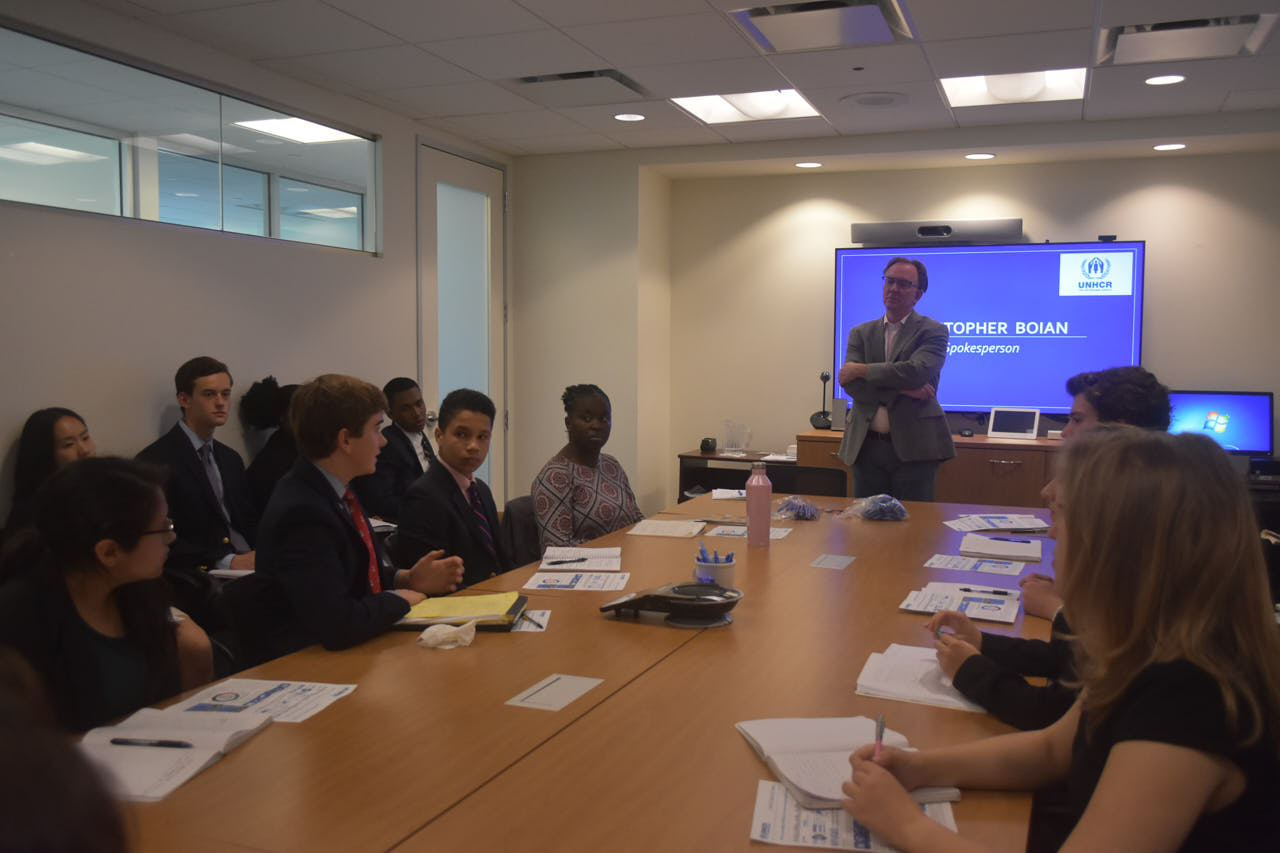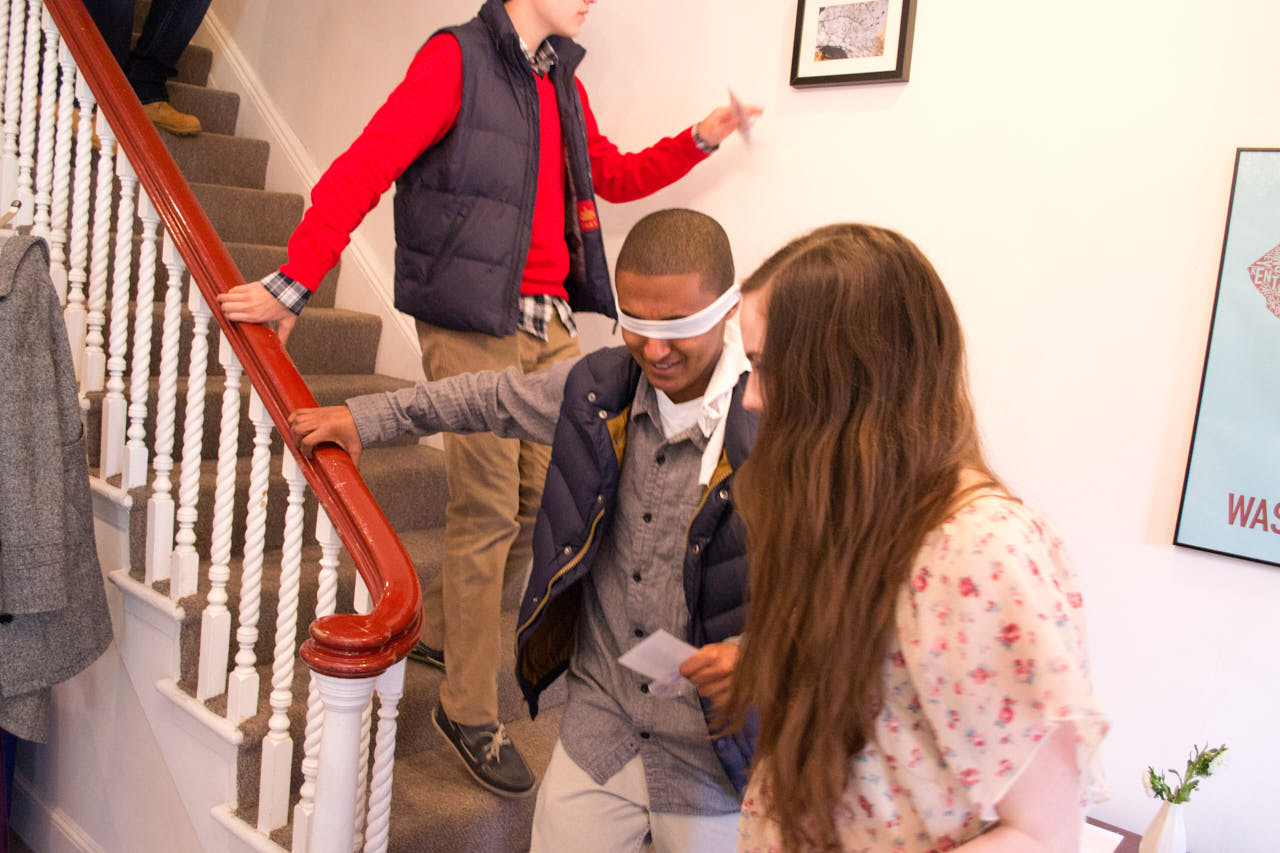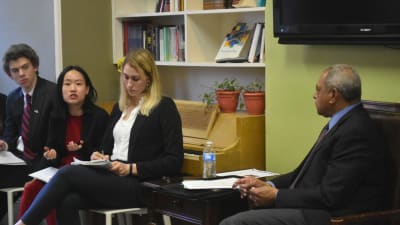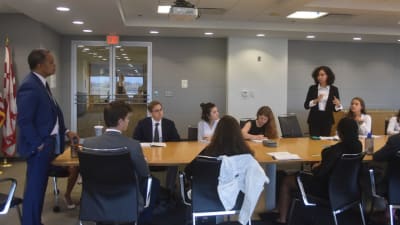Spring 2012 is here!
SEGL’s Spring 2012 semester is underway, and what an auspicious start! Our 22 students come from a wide array of backgrounds, and each one is clearly working to take full advantage of the SEGL experience.

After settling in on Saturday and a Sunday morning that featured Capitol Hill’s famous Eastern Market and raspberry-chocolate chip pancakes, we traveled to the academic building for a day of interactive and reflective challenges. First, the students shared their thoughts on two key leadership questions (“What does great leadership look like?” and “What does great teamwork look like?”) before embarking in groups on four leadership events (see the pictures for more details!). After lots of laughter, careful planning, and largely successful execution, we shared an insightful conversation about our own leadership projects this semester. (“I usually focus too much on having fun and not enough on the task at hand,” said one student. “I usually focus too much on the task at hand and not enough on having fun,” said another. “You two should help each other,” someone suggested.)

The students then had their first advisor meetings of the semester. These weekly, hour-long meetings will continue throughout the semester and are designed to help students maximize their time at SEGL.
After a dinner of spaghetti and salad, we settled in for our first academic session of the semester. Before we began, the students learned about the SEGL “ARC”–the pedagogy that informs each of our classes:
A: Agency
What power do I have?
What do I want to change?
R: Reflection
Am I listening with integrity?
Am I thinking with integrity?
Am I acting with integrity?
C: Connection
Who am I?
What is my relationship with the world?
If each of our students graduates from our program able to provide thoughtful answers to these questions, our academic program will have been successful.
Our academic session featured live CNN coverage of the September 11, 2001 attacks. The discussion that followed–informed, penetrating, and meaningful–demonstrated not only the intellectual diversity of our semester, but also its collegiality.
This morning the students confronted “The Infamous Skittles Scenario,” an engaging and immersive simulation of the “state of nature” that social contract theorists like Hobbes, Locke, and Rousseau postulate. (Click on the link to read the directions the students received.)

What would humans do if there were scarce resources and no real consequences for their actions? Would you help a blind colleague to water and shelter? Would you injure a stranger in order to feed yourself? Would you be able to cooperate honestly with your peers? These questions help to lay the groundwork for the study of ethics, leadership, and international relations.
Following the simulation, the students heard a brief lecture introducing them to the three classic Western ethical philosophers: Aristotle, Kant, and John Stuart Mill. You can see an video excerpt from the lecture here (the link will be posted shortly).
Later this week, we will connect what we learned to a real-life case study when students meet with two guest speakers: Egil ‘Bud’ Krogh, the Director of Richard Nixon’s infamous “Plumbers” during the Watergate Era, and Bob Rizzi, who provides ethics training to Obama and Bush Administration cabinet members and other senior members of the Executive branch (Rizzi was also on the Vice Presidential search team for the McCain campaign). The connection between the two should be fascinating.
This has been a very promising beginning, and we look forward to sharing more details in the coming weeks.


















